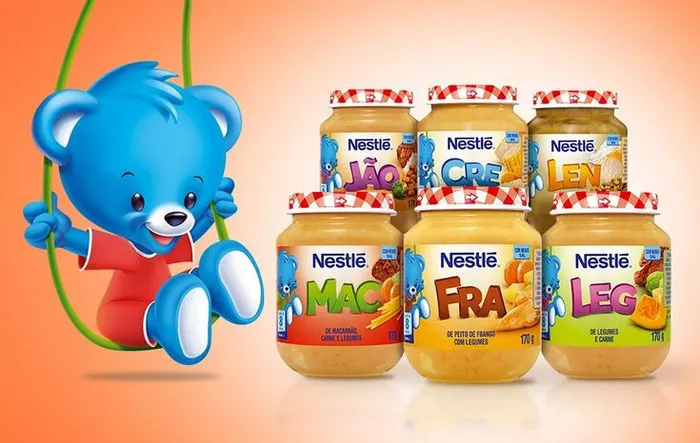Following recent media coverage alleging that Nestle adds sugar and honey to its infant milk and cereal range in low- and middle-income countries, Nestle’s India unit has addressed these concerns by stating a significant reduction in added sugars in its infant cereal range over the last five years.
The Guardian, a prominent UK-based news organization, highlighted findings from Public Eye, a Swiss investigative group, which reported that Nestle includes sugar in the form of sucrose or honey in its Nido and Cerelac range distributed in Asia, Africa, and Latin America.
A spokesperson from Nestle India responded to these claims on Wednesday, asserting, “We believe in the nutritional quality of our products for early childhood and prioritize using high-quality ingredients. Over the past five years, Nestlé India has reduced added sugars by up to 30 percent, depending on the variant, in our infant cereals portfolio (milk cereal based complementary food).”
The spokesperson further added, “We regularly review our portfolio and continue to innovate and reformulate our products to further reduce the level of added sugars without compromising on quality, safety, and taste.”
Public Eye, in collaboration with the International Baby Food Action Network (IBAN), conducted an investigation into Nestle’s practices, revealing discrepancies in sugar content among different markets. They noted that Nestle’s Cerelac wheat-based cereals for six-month-old babies in Germany and the UK contain no added sugar, whereas the same product includes over 5 grams per serving in Ethiopia and 6 grams in Thailand.
In India, the reported sugar content in the same product stands at 2.2 grams per serving. Public Eye’s report highlighted that in India, where sales exceeded $250 million in 2022, all Cerelac baby cereals contain added sugar, averaging nearly 3 grams per serving. Nestle offers 15 products under this range in the country.
Nigel Rollins, a scientist at the World Health Organization (WHO), expressed concern over the observed double standard, stating, “There is a double standard here that can’t be justified. For Rollins, the fact that Nestlé does not add sugar to these products in Switzerland but is quite happy to do it in lower resource settings ‘is problematic both from a public health and ethical perspective,’ as reported by Public Eye.”


